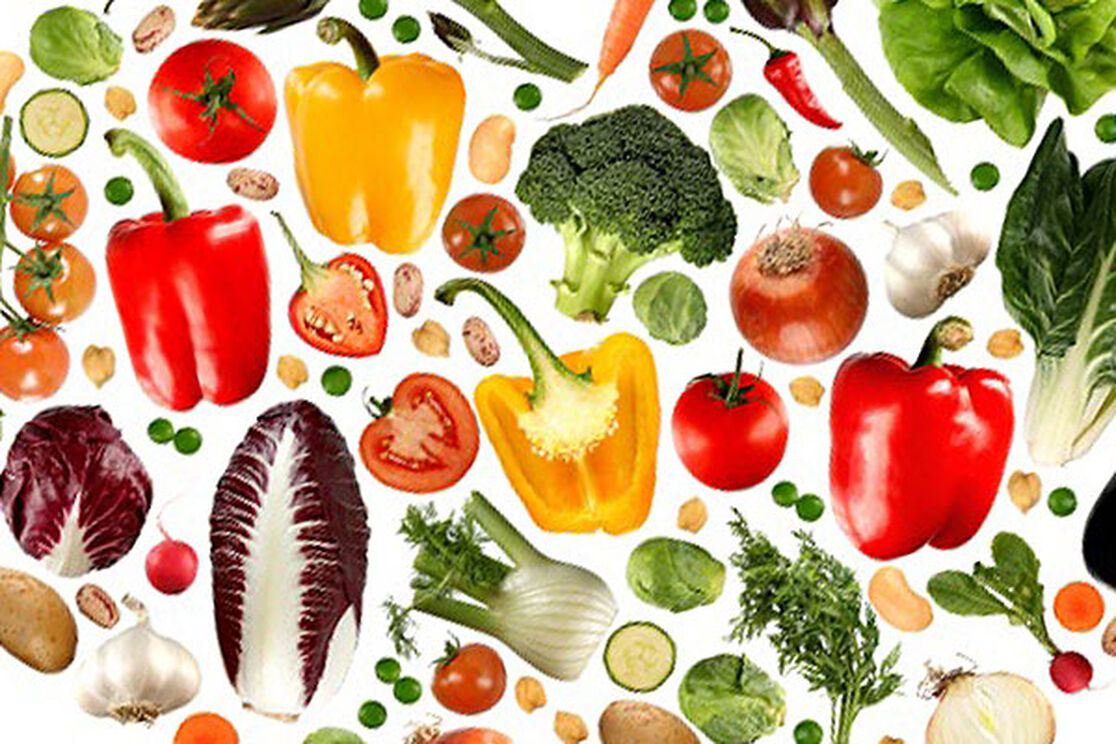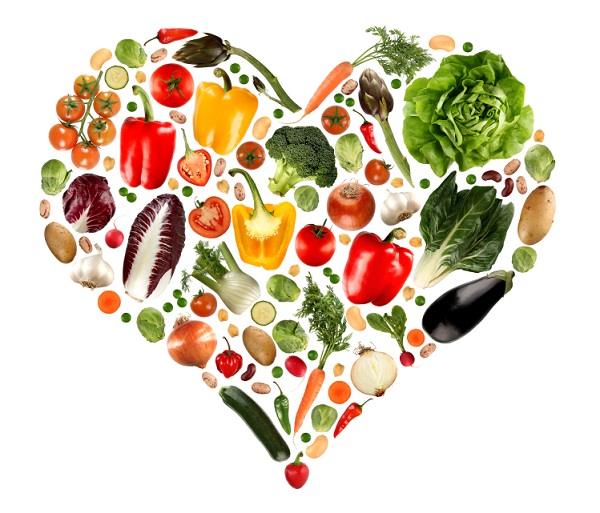What should I eat (or avoid) while I’m breastfeeding? What can I eat to produce more milk? What should I avoid so my baby isn’t gassy? Breastfeeding moms, we hear you and we have some breaking news: While you’re nursing, your diet doesn’t have to be perfect in order to support breastfeeding! Despite a sub-optimal diet, a mother’s body will still continue to provide for their babies and produce the necessary breast milk by pulling from the mother’s energy and nutrient stores at her expense. Mother nature is amazing like that!
So are healthy eating habits still recommended for breastfeeding moms? Absolutely!
Eating well contributes so much to your overall health and happiness, fueling you for all of the joys (and stresses) of being a parent. It’s best for anyone to eat a variety of foods, as close to their naturally-occurring state and organic whenever possible. We should also note that the saying that “you are what you eat” does apply to breastfeeding. For example, the types of fats that you eat in your diet affects the types of fat in your breast milk (the quantity remains the same). Your breast milk will be rich in monounsaturated and polyunsaturated fats if you’re eating healthy fats from avocado, nuts, and olive oil. If, on the other hand, your diet consists primarily of processed and fried foods, then your breast milk will contain mainly unhealthy trans fats.
Having a healthful diet, then, will not only improve how you feel, but also improve the nutritional quality of your breast milk and help you increase your chances for long-term breastfeeding success!
But what about those questions that so many breastfeeding moms still have? Let’s review some of the basics of nursing mom nutrition and see if we can find some answers:
So, what exactly IS needed for maintaining a robust supply of breast milk?
Breast milk is affected by supply and demand: The more often and effectively your baby nurses and removes milk from your breasts, the more milk you'll have. Click here for more Honest tips on low milk supply and other common breastfeeding problems and solutions.
What about overall intake and fluids?
- Intake: Just listen to your body’s hunger and fullness cues and eat to appetite – this is usually all you need to do meet your nutritional needs.
- Fluids: Drinking to satisfy thirst is sufficient for most mothers. Forcing yourself to drink liquids beyond your usual capacity isn’t beneficial, may cause discomfort, and doesn’t increase milk supply.
The bottom line: Eat when you’re hungry, drink when you’re thirsty!
But aren’t there foods I have to avoid while breastfeeding?
- There are NO foods that you need to avoid simply because you’re breastfeeding. The best advice for a nursing mother is to eat whatever she likes, whenever she likes, in the amounts that she likes (again, listening to her own hunger and satiety cues). She can continue to do this unless baby has an obvious reaction to a particular food.
- Just as you did during your pregnancy, you should continue to monitor your intake of mercury from fish. Check out this safe seafood guide for guidance.
- What about caffeine and alcohol, you say? Consume cautiously as both pass through the breast milk to baby and consult with your baby’s pediatrician for any concerns. That said, consider the following for most healthy term babies:
- A daily cup of coffee or tea can be consumed without worry. According to Thomas Hale’s Medications and Mothers’ Milk (2010), caffeine is a Lactation Risk L2 (safer) with milk levels being quite low.
- The American Academy of Pediatrics Section on Breastfeeding notes that “ingestion of alcoholic beverages should be minimized and limited to an occasional intake but no more than 0.5 g alcohol per kg body weight, which for a 60 kg mother is approximately 2 oz liquor, 8 oz wine, or 2 beers. Nursing should take place 2 hours or longer after the alcohol intake to minimize its concentration in the ingested milk.”
- Some food proteins (such as cow’s milk protein or peanut protein) do pass into mother’s milk and can cause an allergic reaction in baby. There is no need for mom to avoid these foods unless baby reacts to them.
- A baby can react to ANY food, although this isn’t very common. If baby has an obvious reaction every time you eat a certain food, it may be helpful to eliminate that food from your diet.
As a breastfeeding mom, the changing taste of your breast milk will communicate what you eat to your baby. (Amazing, right?) It’s a little reminder that thinking about your family’s nutrition starts on day one and YOU are their introduction! If you can commit to a healthier diet for your children, your whole family table will benefit from it, too. Now that’s food for thought...
Did you have any nutritional challenges or discoveries while breastfeeding? Any more questions or exciting tips? We’d love to hear about your feeding journey in the comments below.
We aim to provide you with the most honest and credible information possible. This article was reviewed for accuracy by The Honest Team and was written based on sources that are linked at the bottom of the article.
blog_review_statement




